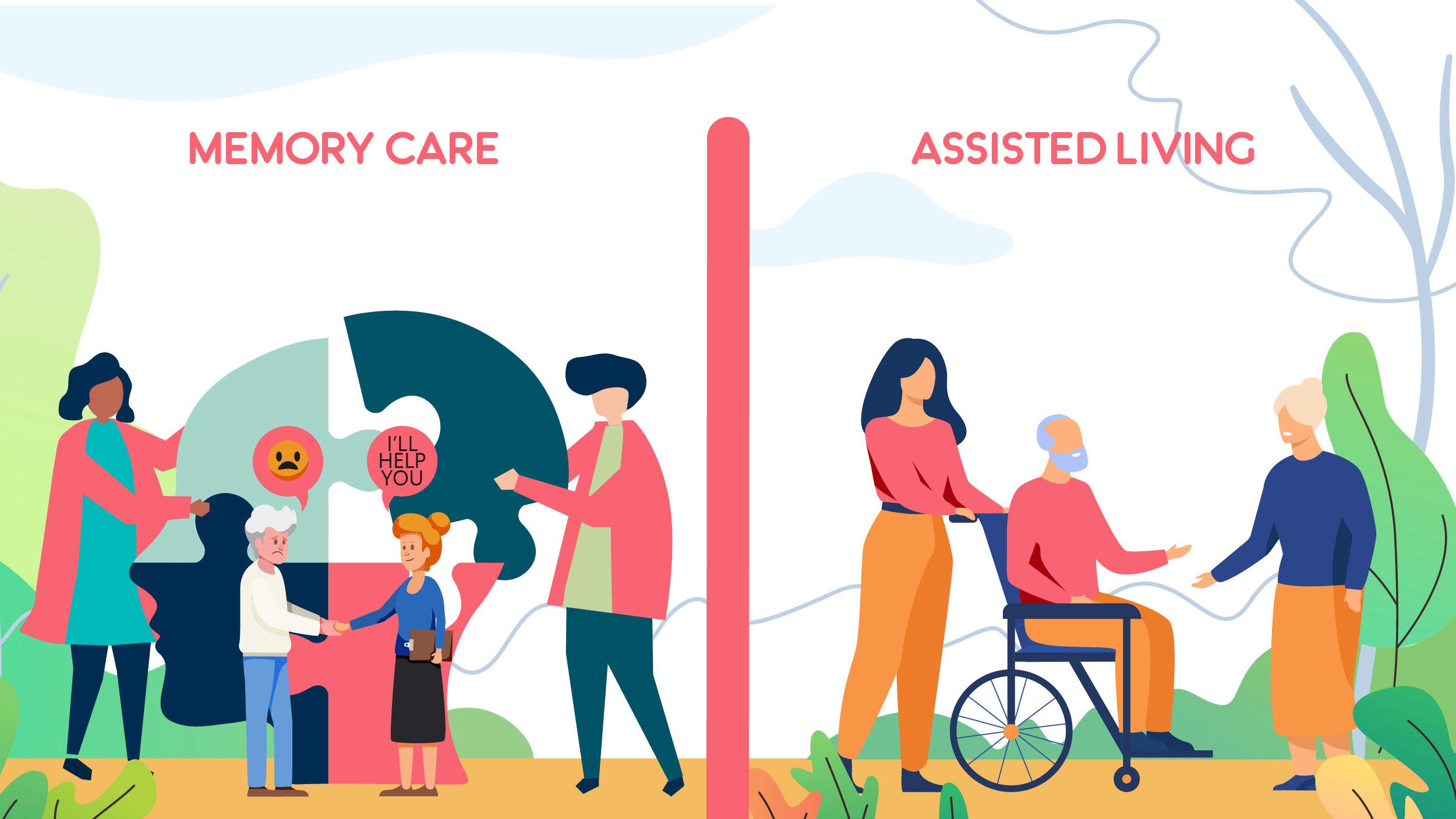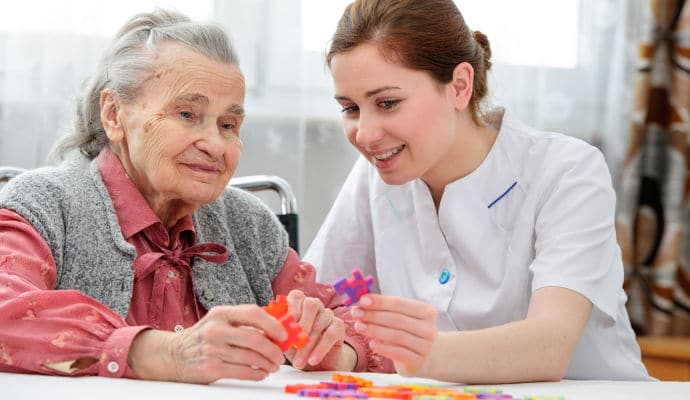What to Anticipate in Memory Treatment: A Detailed Overview to In-Home Provider
As family members come to terms with the difficulties of caring for somebody with memory loss, the realm of in-home services uses a lifeline of support and specialized treatment. Comprehending what to anticipate in memory treatment is important for making sure the wellness of both the specific with memory disability and their caregivers.
Daily Activities and Regimens
Involving in structured day-to-day activities and regimens is an essential component of supplying top quality look after people in memory care facilities. These activities are meticulously created to deal with the certain needs of citizens with cognitive impairments, such as Alzheimer's condition or dementia. Daily regimens play a vital function in keeping a feeling of experience, safety, and purpose for individuals in memory treatment.

Additionally, day-to-day routines assist individuals in memory care facilities to feel more focused and much less distressed. Consistency in activities and timetables can decrease confusion and anxiety, giving a feeling of security and convenience. Caregivers and team participants play an important duty in facilitating these activities, guaranteeing that each resident obtains individualized and thoughtful treatment tailored to their distinct preferences and abilities.
Specialized Care Solutions
Within memory care facilities, specialized care solutions are important to attend to the distinct demands and obstacles encountered by people with cognitive problems such as Alzheimer's condition or mental deterioration. These solutions are made to give tailored assistance that accommodates the certain demands of citizens handling memory loss. Specialized care services in memory treatment facilities typically include customized care strategies, aid with tasks of everyday living, medication management, and behavior modifications targeted at enhancing lifestyle and minimizing distress.
In addition, memory treatment facilities typically offer organized programs and tasks particularly designed to stimulate cognitive feature and advertise social engagement among locals. These tasks may consist of memory-enhancing exercises, sensory stimulation treatments, and reminiscence therapy sessions. Additionally, specialized treatment services commonly include regular surveillance of locals' health and health by qualified team member who are furnished to handle the special difficulties associated with cognitive decrease.
Safety And Security Steps and Environment
Executing stringent security measures and producing a safe environment are critical priorities in memory treatment facilities to make sure the well-being and defense of citizens with cognitive impairments. Safety in memory treatment starts with secure structure style, consisting of locked doors and kept an eye on entries to protect against locals from straying outdoors unsupervised. By prioritizing safety and security procedures and maintaining a safe environment, memory care facilities purpose to offer a encouraging and safety setting for people with cognitive disabilities.
Interaction and Engagement Strategies
With an emphasis on fostering significant communications and enhancing lifestyle, reliable interaction strategies play a crucial duty in supporting people in memory treatment facilities. Communication in memory treatment involves understanding the distinct demands of homeowners who may have cognitive problems like dementia. Easy language, clear guidelines, and non-verbal cues such as gestures and faces are necessary devices for reliable interaction. Caretakers need to approach residents with regard, persistence, and empathy, developing a helpful setting where people feel comprehended and valued.
Engagement techniques are also vital in memory care, helping homeowners remain active, boosted, and connected to their environments. Activities like music therapy, art courses, reminiscence sessions, and sensory stimulation can stimulate the original source memories, improve state of mind, and advertise socialization. Customizing activities per person's capacities and passions is essential to fostering involvement and a sense of accomplishment. In addition, incorporating acquainted items, photographs, and music from the person's past can give comfort and boost positive memories. By focusing on individualized communication and interaction strategies, memory care centers can improve the total wellness and quality of life for their homeowners.
Caregiver Assistance and Resources
Given the important duty caretakers play in executing efficient link interaction and engagement approaches for residents in memory care centers, offering appropriate assistance and sources is important to ensure the well-being of both the caregivers and the individuals under their care. Caregivers in memory care settings often encounter unique difficulties that can impact their physical and emotional wellness. To deal with these obstacles, various support group and resources are available to assist caregivers in providing the most effective possible treatment.
One essential form of support is caregiver education and learning and training programs. These programs equip caregivers with the essential abilities and knowledge to efficiently handle the signs and habits related to my sources amnesia. Additionally, support system offer caregivers the opportunity to get in touch with others that are experiencing comparable challenges, giving a feeling of area and understanding.

Conclusion

Involving in structured day-to-day tasks and regimens is an essential component of offering top quality treatment for people in memory care facilities.Within memory treatment facilities, specialized treatment services are important to address the unique demands and challenges faced by people with cognitive disabilities such as Alzheimer's disease or mental deterioration. Specialized treatment services in memory treatment facilities commonly consist of personalized care plans, support with activities of day-to-day living, drug monitoring, and behavioral therapies intended at boosting high quality of life and reducing distress.
Given the vital function caregivers play in implementing effective communication and engagement approaches for homeowners in memory treatment facilities, offering appropriate assistance and sources is essential to make certain the wellness of both the caretakers and the people under their treatment. Daily tasks, specialized treatment services, safety and security steps, communication techniques, and caretaker assistance are key components of in-home memory care.
Comments on “Charlotte Memory Care: Top Quality Senior Citizen Dealing With Memory Care Expertise”